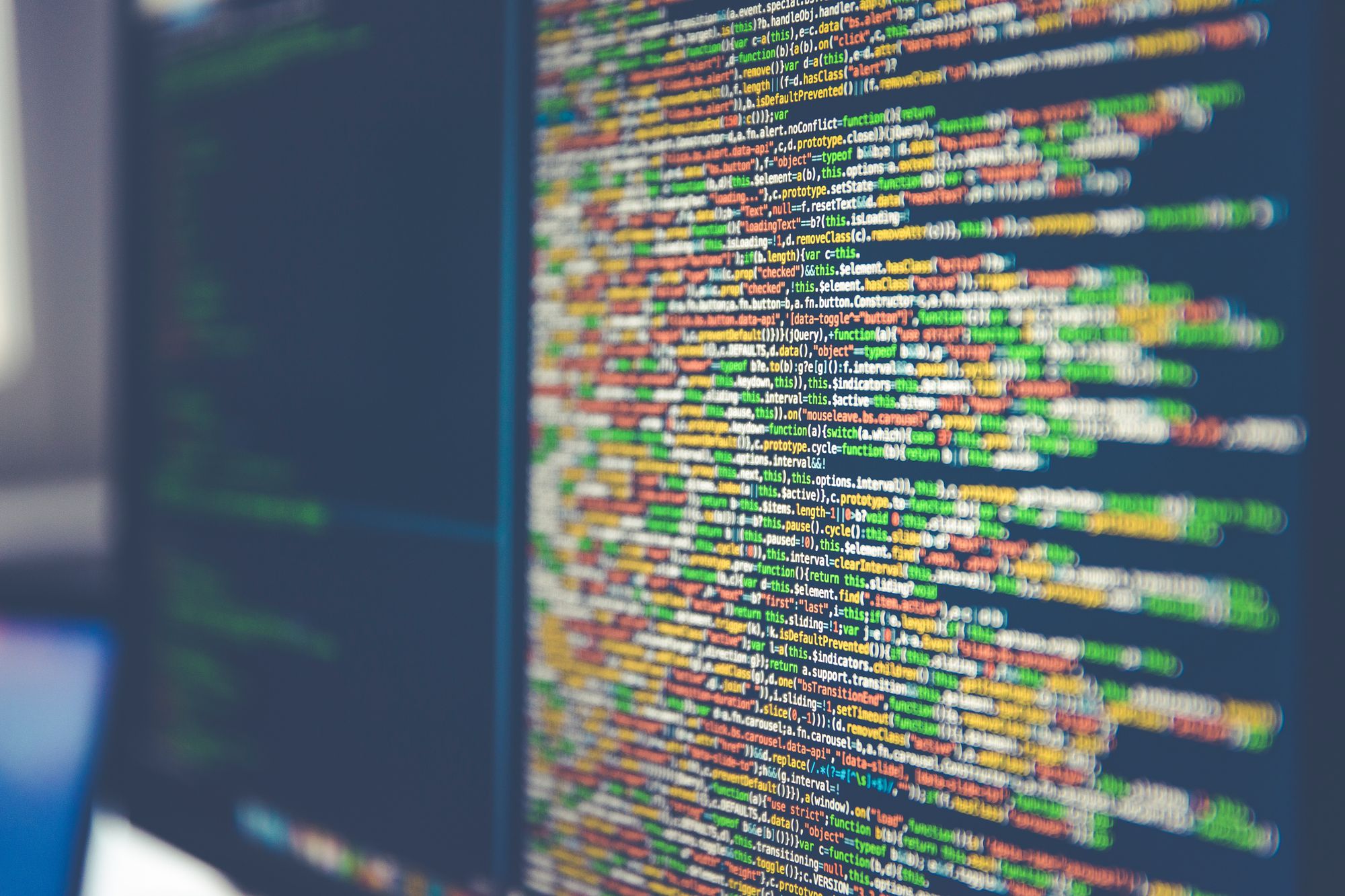This era can easily be defined by the rapid technological advancements we’ve been seeing. Healthcare is an industry that’s undergoing an evolution. Medical devices, ranging from wearable health trackers to sophisticated surgical instruments, have become integral to patient care, diagnosis, and treatment. They’re helping to enhance the quality of healthcare services, reduce human errors, and improve patient outcomes. However, with this promising integration of technology into healthcare comes a heightened concern for patient data security and privacy.
This highlights the importance of the Health Insurance Portability and Accountability Act (HIPAA), the seminal law designed to safeguard patient information. HIPAA, with its comprehensive guidelines, was crafted in an analog world but must now adapt to the digital age. As medical devices continue to infiltrate the healthcare ecosystem, the synergy between HIPAA and medical device data security becomes increasingly critical.
In this blog post, we will explore the intricate relationship between HIPAA regulations and medical devices in healthcare, shedding light on the challenges, opportunities, and crucial considerations that arise as these two entities work to provide better patient care while ensuring the utmost privacy and security of sensitive health data.
Overview
Modern healthcare is constantly evolving due to technological advancements that have been revolutionizing patient care. This spans from wearable fitness trackers to life saving implantable devices and telemedicine platforms. Medical devices have become essential tools in the pursuit of better health and enhanced patient outcomes. As healthcare providers and patients increasingly rely on these devices to monitor, diagnose, and treat various medical conditions, the integration of technology and medicine gives hope for a brighter and more efficient future for the healthcare industry.
On the other side, in this age of data-driven healthcare there is a critical concern that must not be overlooked: the protection of sensitive patient information or healthcare data privacy. As medical devices continue to gain standing and connectivity in healthcare, the storage and transmission of patient data has grown exponentially. This introduces new vulnerabilities and risks, which is why ensuring the privacy and security of this valuable health information is not just a matter of compliance but a fundamental ethical responsibility. This is where the Health Insurance Portability and Accountability Act comes into play.
HIPAA, with its strict regulations, serves as the protector of patient data in the healthcare sector. Its central theme revolves around the protection of patient information, aiming to strike a balance between the digital age's innovation and the importance of preserving the confidentiality and integrity of sensitive patient information. In this blog post, we will dive into the relationship between HIPAA and the use of medical devices in healthcare, exploring the significance of both, and how they intersect to ensure the delivery of high-quality care while safeguarding patients' most personal information.
A little bit more on HIPAA
Let’s dive a bit deeper into the Health Insurance Portability and Accountability Act (HIPAA). It was passed in 1996 with the goal of addressing key issues in the healthcare system in the US. HIPAA was designed to improve the efficiency and effectiveness of the healthcare system by introducing measures to simplify administrative processes as well as enhance the portability of health insurance.
One of the most important and impactful aspects of HIPAA is the protection of healthcare data privacy and the security of patient information. This is the reason for the Privacy Rule, a component of HIPAA that establishes national standards to protect individuals' medical records and other personal health information. This information, known as Protected Health Information (PHI), includes any information that can be used to identify an individual and is used by a covered entity or any of its business associates.
HIPAA's commitment to privacy and security is of great importance, it aims to strike a balance between the rapidly evolving landscape of healthcare technology and the safeguarding of sensitive patient data. The Privacy Rule establishes standards for how healthcare providers, health plans, and healthcare clearinghouses must protect PHI, ensuring that individuals have control over their health information while promoting the seamless exchange of necessary data for effective healthcare delivery.
Applicability of HIPAA to Medical Devices
Medical devices have become increasingly interconnected. Since they collect, transmit, and store patient health data it’s important for both manufacturers and healthcare providers to navigate the intricate web of HIPAA compliance.
For manufacturers of medical devices, the design and development phase must include considerations for privacy and medical device data security. From the initial conception of a device to its implementation in clinical settings, manufacturers need to make sure that their products adhere to HIPAA standards. This involves implementing encryption measures, access controls, and authentication protocols to safeguard patient health data from unauthorized access or breaches.
Healthcare providers, on the other hand, face the responsibility of integrating these devices into their systems while maintaining compliance with HIPAA regulations for medical devices. They must adopt and implement policies and procedures that address the unique challenges posed by medical devices. They must keep in mind things such as ensuring secure data transmission, conducting risk assessments, and training staff on the proper use and protection of patient data. It's crucial to note that HIPAA doesn't merely lay out guidelines for data security; it also emphasizes the importance of ensuring patients have control over their health information. This includes providing patients with access to their own data and ensuring that any disclosures of their information are done with their explicit consent.
HIPAA compliance in medical devices highlights the shared responsibility between manufacturers of medical devices and the healthcare providers that utilize them. They must uphold patient privacy and data security. As the healthcare landscape continues to embrace innovative technologies, adherence to HIPAA regulations becomes not just a legal requirement but is also a commitment to maintaining the trust and confidentiality in the patient-provider relationship. By incorporating HIPAA considerations into the design, implementation, and use of medical devices, stakeholders can harness the potential of technology to improve patient outcomes while safeguarding the sensitive health information that underpins quality healthcare.
Challenges and Considerations
Ensuring HIPAA compliance in medical devices, specifically in software that interacts with medical devices presents various challenges for manufacturers as well as healthcare providers. These challenges come from the complexity of healthcare data ecosystems and the evolving nature of technology.
Challenges for Medical Device Manufacturers
One main challenge is related to interoperability. Ensuring that medical devices seamlessly integrate with existing healthcare IT systems without compromising the medical device data security and healthcare data privacy of patient data is a great challenge. Another one is embedding security measures into the design and development phase of medical devices. Manufacturers of medical devices face the challenge of implementing encryption, access controls, and audit trails from the ground up.
The fast-paced evolution of technology introduces the challenge to keep up with the latest encryption methods and security protocols. Manufacturers need to remain vigilant to incorporate cutting-edge security features to stay ahead of potential vulnerabilities.
Challenges for Healthcare Providers
A big challenge for healthcare providers is that they often use a wide range of medical devices from various different manufacturers, and each one of them has its own data management and security protocols. It’s a challenge to integrate and manage these diverse ecosystems cohesively while also maintaining HIPAA compliance.
Providers also need to make sure that healthcare staff is well-versed in the proper use and handling of medical devices to ensure compliance with HIPAA. Similar to medical device manufacturers, healthcare providers need to understand the importance of encryption and access controls in protecting patient health information (PHI).
Ensuring the secure transmission of data between medical devices and healthcare systems is a critical challenge. Implementing robust encryption protocols for data in transit helps safeguard PHI during the exchange of information.
Applicability with regards to Telemedicine
Medical devices sometimes tend to have a remote patient monitoring platform associated with them. HIPAA regulations for medical devices play a crucial role in governing the use of telemedicine devices and remote patient monitoring technologies, recognizing the growing significance of these innovations in delivering healthcare services. As the healthcare landscape embraces remote and digital solutions, it becomes imperative to understand how HIPAA applies to these technologies and the implications for patient data privacy.
In conclusion, the challenges of ensuring HIPAA compliance for medical devices require a concerted effort from both manufacturers and healthcare providers. By addressing interoperability concerns, incorporating security-by-design principles, and prioritizing staff training, stakeholders can navigate the complexities of the healthcare data landscape while upholding the privacy and security standards set by HIPAA. Encryption, access controls, and audit trails emerge as indispensable tools in this journey, forming the bedrock of a secure and compliant healthcare ecosystem.




